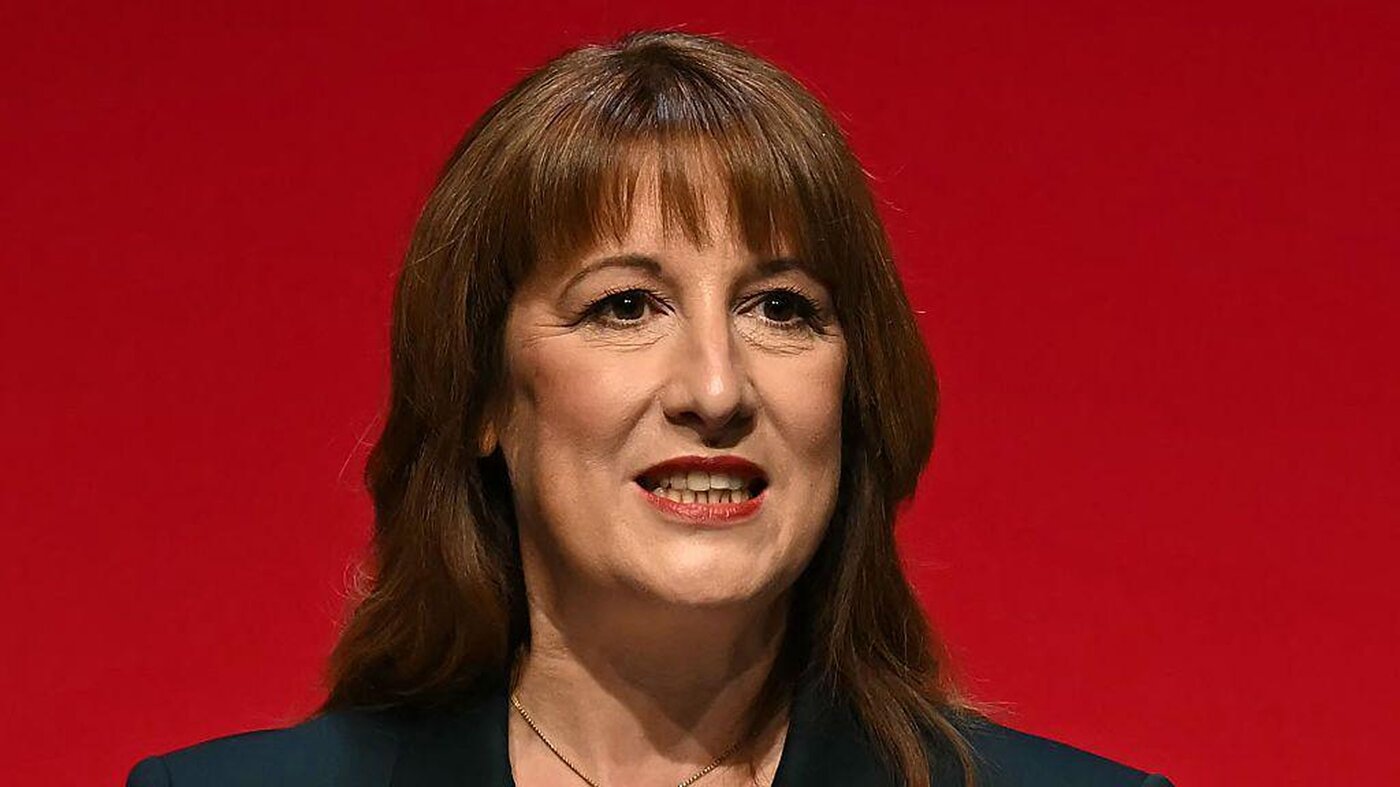Introduction
Chancellor Rachel Reeves is set to outline her approach to the upcoming UK Budget, emphasising fairness and responsible public finances as economic pressures mount. With a speech scheduled from Downing Street, Reeves is expected to address widespread speculation about possible tax rises, in a context where economists and policy experts forecast the need for higher taxation.
The Labour government has pledged not to increase income tax, VAT or National Insurance, placing additional scrutiny on how budgetary goals will be achieved. Economic challenges, including downgraded productivity forecasts and fiscal constraints, have drawn sharp focus to the government’s next steps and their impact on households and public services.
Budget commitments and public expectations
The Chancellor’s anticipated statement follows heightened debate over possible departures from Labour’s manifesto promises on taxation. Labour’s explicit commitment to not raise income tax, VAT or National Insurance during the General Election campaign has been a central part of the party’s economic platform.
However, financial realities and external assessments now suggest limited room to manoeuvre. Reeves is expected to explain the guiding principles behind upcoming budget decisions, stating, “these are important choices that will shape our economy for years to come.” She aims to assure the public that all options are being weighed with fairness and opportunity at their core.
Economic outlook and fiscal constraints
Analysis by the Office for Budget Responsibility (OBR), the government’s official forecaster, is expected to revise UK productivity figures downward in the coming weeks.
Such projections would add substantial pressure to government accounts, potentially requiring up to an additional £20 billion in savings or revenue to meet self-imposed fiscal rules.
The government has committed not to borrow for routine public spending by the end of the current Parliament, and to reduce government debt as a share of national income over the same period. These constraints increase the likelihood of either higher taxes or spending cuts in the forthcoming Budget.
Debate over tax strategy
The Resolution Foundation, a leading economic think tank, has described tax increases as “inevitable” in the present circumstances. According to the organisation, raising income tax could provide the necessary revenue, but recommends compensatory measures such as a 2p reduction in employee National Insurance to offset the impact on workers.
Their analysis suggests that extending the freeze on personal tax thresholds for an additional two years beyond April 2028 could yield £7.5 billion. Overall, such measures are presented as strategies to protect most workers while meeting fiscal needs.
Policy recommendations from think tanks
The Resolution Foundation has called on the government to increase its fiscal headroom substantially, arguing this would signal credibility to financial markets and reduce future borrowing costs.
Previous policy shifts and a worsening economic outlook have reduced the Chancellor’s estimated headroom from £9.9 billion to a projected gap of £4 billion, according to the think tank’s analysis.
Meanwhile, the Institute for Fiscal Studies has noted the importance of a buffer against economic shocks, arguing that insufficient headroom might undermine stability and increase the risk of abrupt fiscal adjustments. Both groups underscore the importance of shoring up public finances to maintain market confidence.
Prime Minister’s backing
Prime Minister Sir Keir Starmer has expressed unequivocal support for the Chancellor’s approach. Speaking to Labour MPs, Starmer described the Budget as “a Labour Budget built on Labour values”, reiterating the need for “tough but fair decisions to renew our country and build it for the long term.”
These remarks mirror Reeves’ forthcoming message to the public, placing emphasis on the need for responsible stewardship of the economy and public services.
Final Summary
The forthcoming UK Budget, to be delivered by Chancellor Rachel Reeves, is set against a backdrop of tight fiscal restraints and heightened economic uncertainty.
Both the OBR’s forecast and think tank analyses indicate a difficult path ahead for the government, potentially requiring tax rises or spending reductions to fulfil fiscal rules and protect public finances into the future.
The resulting decisions are likely to have substantial effects on households, public services and the wider economy. Keeping informed of further developments, including government announcements and independent analyses, remains highly advisable.
For those seeking regular updates on tax policy and fiscal events, the Pie app offers timely information throughout the year.











